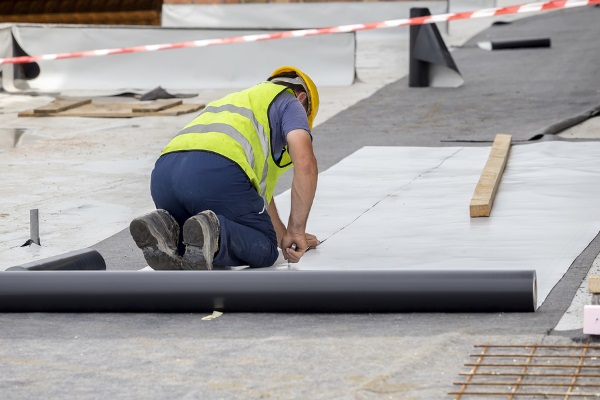As a result we frequently run into them today.
Roofing tar melting point.
Roofing tar will also protect your roof from wind and from snow and water which can collect on a flat roof.
Its low melting point lower than asphalt allows it to self heal there are pitch roofs out there that are 50 years old or even older.
Temperatures of asphalt shingles.
Iko production inc.
The flash point for slow curing liquid asphalt is around 150 225 f while an example msds for asphalt shingles gives a flash point of greater than 500 f.
Asphalt cement is plastic in nature and it is used for flooring roofing water proofing material etc.
It is impermeable matter does not contain any voids.
Health risks aside coal tar pitch has proven to be one of the most resilient roofing products ever.
Mastic asphalt is obtained by heating natural asphalt with sand and mineral fillers.
In some parts of the world temperatures can rise to a point that will turn the substance viscous but because of the layers of aggregate rock roadways.
We include the properties of asphalt such as its melting point and flash point and we describe the properties of asphalt used in the manufacture of roof shingles.
It is placed to cover the roof deck sealing all angles into a single flexible waterproof membrane.
Bitumen has a melting point of around 240 degrees fahrenheit which is high enough to be safely used for roadway designs and low enough to be heated up without using a large amount of energy.
Pros and cons of roofing tar.
2012 similarly tamko asphalt shingle msds information gives the melting point of their asphalt shingles as 200 f well above normal on roof temperatures.
This article describes the different temperatures involved in asphalt roofing product manufacture and compares that to the on roof temperatures to which asphalt shingles are exposed when in service.
Roofing asphalt product data sheet protecting roofs built up roofing consists of plies or layers of roofing felt bonded together and to the roof deck on site with hot asphalt also called bitumen.
Hardness and melting point of mastic asphalt can be managed during the process of heating.
Roofing tar is often used for tar and gravel roofs or to fix leaks on a roof.
When heated or incinerated coal tar pitch produces hazardous odours.

